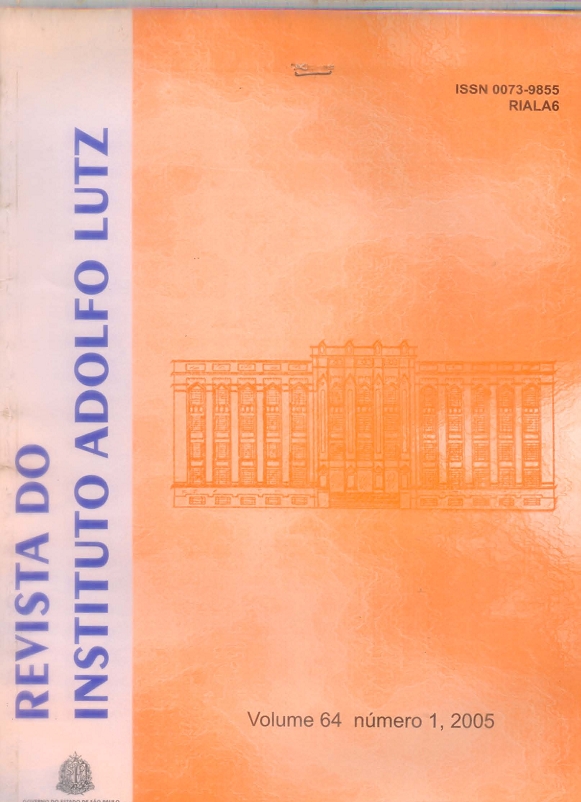Resumo
In an attempt to select candidate antigens for a leishmaniasis vaccine, we investigated the protective effect of A2 and Lack antigens against L. amazonensis and/or L. major infections in BALB/c mice. The Lack and A2 antigens were administered as Lack-MBP and A2-HIS recombinant proteins associated or not to adjuvants (rIL-12 and/or allumen) or as DNA plasmids (pCDNA3-A2 and pCI Neo-Lack) associated or not to pCI-IL-12 DNA, as adjuvant. BALB/c mice were immunized in their left hind footpads with 2 doses of proteins in 15 days interval. Mice immunized with plasmid DNA, received intramuscularly 2 doses in 21 days interval. One month after, mice were infected in their right hind footpads with 1x105 or 1x106 stationary phase promastigotes of L. amazonensis or L. major. Immunization with recombinant proteins, associated to adjuvants or with DNA plasmids, was able to induce a robust Th1 immune response prior to challenge infection. However, only mice immunized with A2 antigen were protected against L. amazonensis challenge. A high and sustained IFN-γ production, increased levels of A2-specific IgG2a antibodies and low levels of parasite-specific IgG antibodies were detected. A2 protein administered alone did not induce protection against infection; however, A2 DNA associated or not by IL-12 DNA induced protection against L. amazonensis challenge. In contrast, mice immunized with Lack protein or Lack DNA, associated or not by adjuvants, had low levels of IFN-γ and high levels of both Lack-specific and parasite-specific IgG1 antibodies and were not protected against L. amazonensis infection. However, mice immunized with Lack antigen were protected against L. major infection. Curiously, the association between A2 and Lack antigens in the same vaccine completely abrogated the A2 specific immune responses and, consequently, the protective effect of this antigen against L. amazonensis challenge. We concluded that A2, but not Lack, fits the requirements to compose a safe vaccine against tegumentary leishmaniasis.

Este trabalho está licenciado sob uma licença Creative Commons Attribution 4.0 International License.
Copyright (c) 2005 E. A. F. Coelho
